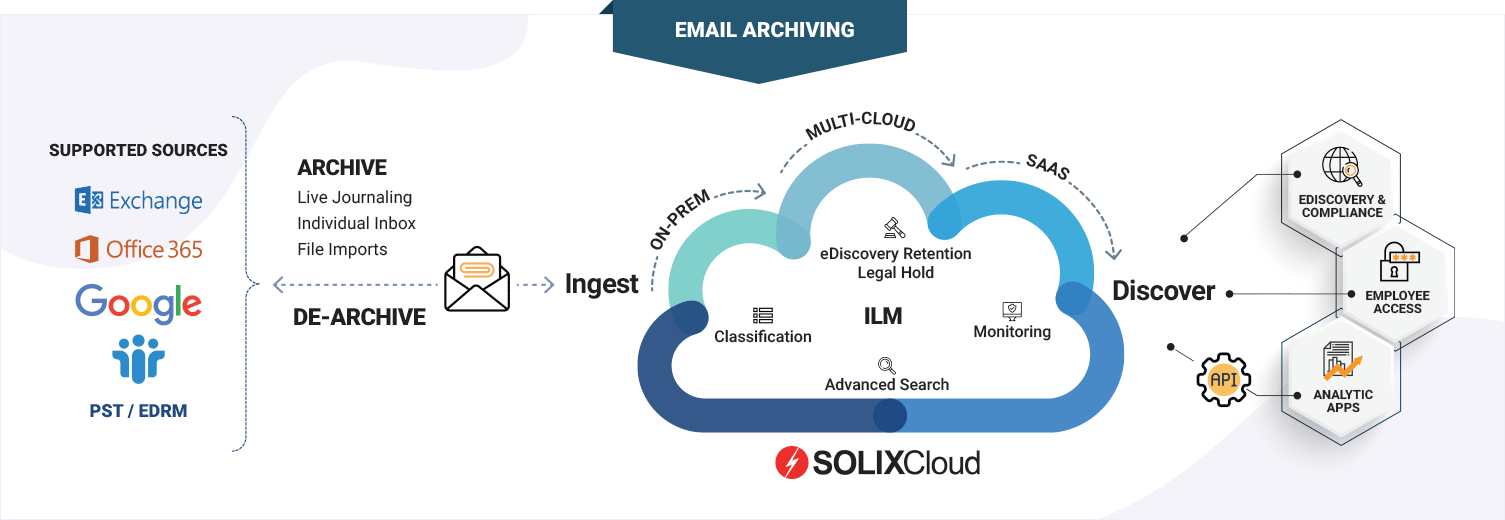Long-Term Storage for Enterprise Emails: A Strategic Business Perspective
Enterprise email storage has evolved from a simple communication archive to a critical business asset with significant legal, compliance, and operational implications. Companies are increasingly recognizing that their email repositories represent more than just historical communication — they are valuable reservoirs of institutional knowledge, potential evidence, and strategic information.
Modern enterprises face complex challenges when developing long-term email storage strategies. The exponential growth of digital communication means organizations must design scalable solutions that can handle massive volumes of data while maintaining accessibility, security, and cost-effectiveness. Traditional on-premises storage solutions are rapidly giving way to cloud-based and hybrid architectures that offer greater flexibility and advanced management capabilities.
Compliance represents a primary driver for sophisticated email storage approaches. Industries like finance, healthcare, and legal services are subject to stringent regulations requiring precise email retention periods and immutable storage mechanisms. Enterprises must implement storage solutions that not only preserve emails but also ensure they can be retrieved, authenticated, and presented as credible evidence if required during audits or legal proceedings.
Cost optimization is another critical consideration in enterprise email storage. As data volumes expand exponentially, organizations cannot afford unlimited storage expansion. Intelligent tiering strategies, which automatically migrate older or less frequently accessed emails to more economical storage mediums, have emerged as a sophisticated approach to managing storage expenses without compromising data accessibility. SOLIXCloud Email Archiving | Archive Emails Securely

Security remains paramount in long-term email storage strategies. With increasing cybersecurity threats, enterprises must implement robust encryption, access controls, and comprehensive monitoring systems. Modern storage solutions integrate advanced security features like multi-factor authentication, granular permissions, and real-time threat detection to protect sensitive communication archives from unauthorized access or potential breaches.
The future of enterprise email storage and archiving lies in intelligent, adaptable systems that will fuel new insights from artificial intelligence and machine learning. Predictive archiving, automated classification, and intelligent retrieval mechanisms are transforming email storage from a passive repository to an active, value-generating business resource. Enterprises that view professionally managing historical email as a strategic investment rather than a mere technical necessity will gain significant competitive advantages.
Stephen Tallant
As the Director of Product Marketing at Solix Technologies, I lead the development and communication of the product and solution story to the market. I have over 25 years of experience in product marketing and product management, creating engaging messaging, launch plans, collateral, and content for various software solutions. I live in metro Philadelphia, and am a big sports fan - so much so, I sit on the Board of the Philadelphia Sports Hall of Fame. I attended Villanova University for both my undergraduate and graduate degrees.
